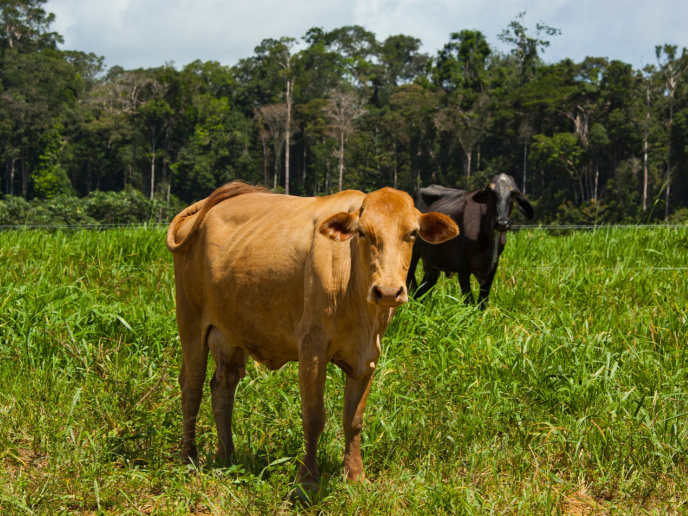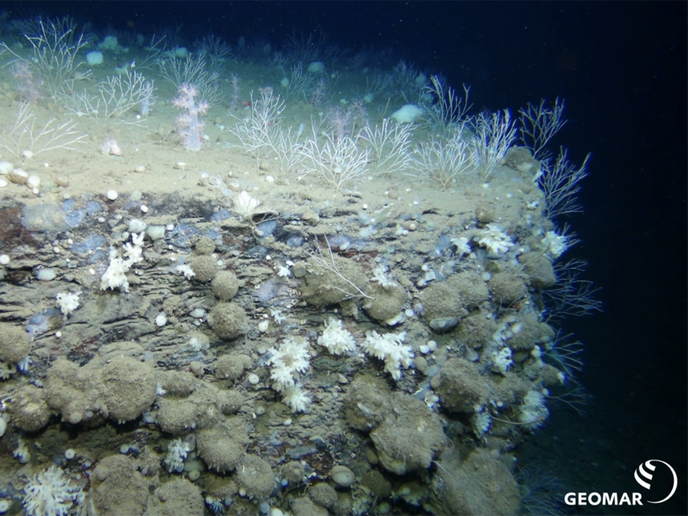Identifying complex sustainability challenges at a distance
Finding ways to overcome threats to sustainable land use is difficult because of the complex processes behind globalisation, which tie distant places together. Our world is becoming increasingly interconnected, with people, ideas and products travelling faster, farther and more cheaply than ever before. Globalisation has accelerated economic growth in many parts of the world, including Europe, driving prosperity and improving people’s quality of life. However, this wealth is not evenly distributed and there is an environmental cost to trade flows. Countries of the Global South tend to produce the raw materials for these products – and disproportionately bear their environmental cost. By contrast, these products and services are mostly consumed in the Global North. One such example is the cutting of down of rain forest in Indonesia for palm oil plantations.
A complex challenge
With the support of the Marie Skłodowska-Curie Actions programme, the EU-funded COUPLED project is studying how commodities flow around the world, their drivers, and ultimately, where their impacts are felt. “Such information is vital for developing sustainable and responsive policies, and to assess their real-life consequences once implemented,” says project manager Kathrin Trommler. A helpful concept when attempting to unravel such complex systems is telecoupling, according to Trommler. Using the telecoupling concept, the EU can identify areas in which carbon emissions and other environmental impacts occur. Importantly, it can gauge the social and economic effects of these flows and how they alter the behaviour of the many actors involved. “Telecoupling systematically describes what drives land-system change and the consequences of this change. It traces the flows, interactions and feedbacks between two or more places where human activities impact the environment, often separated by large distances – with sometimes surprising outcomes,” Trommler explains.
Finding the connections
Researchers conducted numerous case studies, including how foreign aid in South America has influenced soy and cattle production and deforestation, and how coffee companies can promote sustainable land use through their supply chains. The land use ‘footprint’ of six diets of the United States was also assessed. Project partners mapped maize and the associated land use changes and environmental impacts in Thailand. The aim was to better understand current governance and production systems, and their relationship to European poultry production. In addition, extensive fieldwork conducted in the small-scale gold-mining sector in Tanzania explored telecoupling between mining and land change in Africa. China’s Belt and Road Initiative was also analysed, and environmental governance challenges identified.
Sustainable solutions
The consortium is also training a new generation of professionals and entrepreneurs, developing powerful analytic tools and providing new insights. The results will help private and public organisations identify where and how they can intervene to make sustainable land use decisions, thereby avoiding unwanted outcomes such as deforestation and pollution. COUPLED will thus provide a better understanding of processes and actors that influence land use in an increasingly interconnected world. ‘‘Specifically, COUPLED will clarify where and how systematic changes in land use occur, how these changes affect societies and the environment, and how to identify governance tools to steer telecoupled systems onto desired pathways,” Trommler concludes.
Keywords
COUPLED, land use, sustainability, globalisation, telecoupling, carbon, flows, impacts, environment







